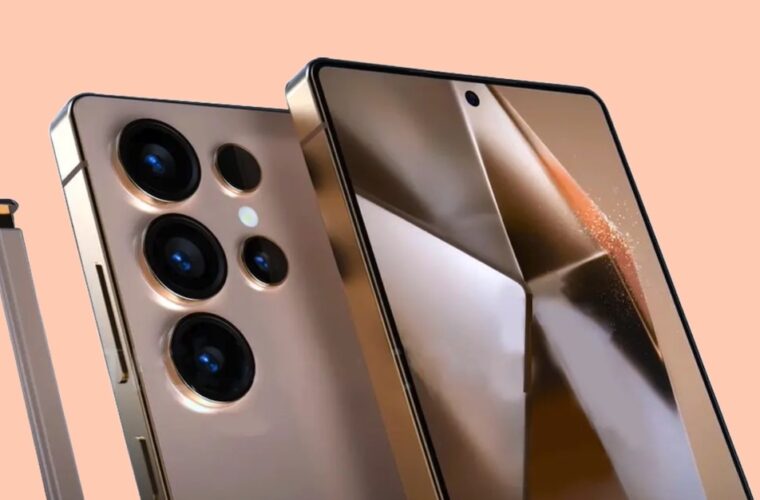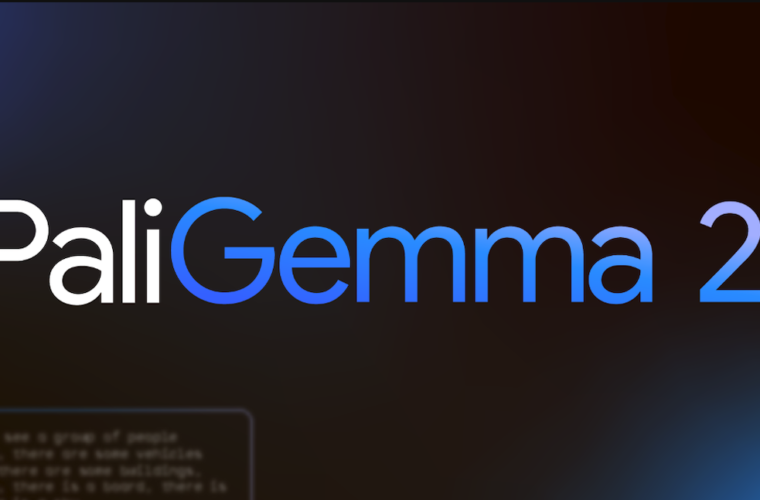How does a phone without Google work? We tested the Huawei Nova 9, which lacks Google’s services and takes advantage of the Chinese company’s entire ecosystem, pending wider availability of the proprietary HarmonyOS operating system. But it’s not without risk, as many users end up installing Android apps that are not available in the proprietary store and downloading them from repositories found on the web, which don’t guarantee that they are virus-free. In short, as the new Apple, the risk is to raise the dangers of computer security, belittling them and making them pass for a minor problem. Otherwise, the smartphone performs very well and is very competitively priced.
Let’s start with one consideration: the new Huawei Nova 9 doesn’t have HarmonyOS but Android 11, without Google services. But it matters little, much less than in the past, because today we have in our hands a smartphone that is part of a complete ecosystem which, given the presence of EMUI 12, is comparable in every way to the HarmonyOS user experience.
So, let’s forget the days of Google apps, tricks to install a Big G account and the time wasted getting Maps and Waze to work, which without the Google Play Services framework just can’t manage to work continuously and not hiccup.
With the exponential expansion of Huawei’s store, AppGallery, there is no shortage of alternative solutions, and they are often even better. Just think of Petal Maps or Petal Search, which features (with the latest update) a degree of customization of the home screen that is frankly unthinkable elsewhere. In short, the software is there, the rest of Nova 9 remains to be seen.

How is the design
The design of the Nova 9 is distinctive, especially on the back, making it stand out in an overly standardized market. The camera area features a ring around the 50 MP main sensor. The finish is satin-finished, does not trap fingerprints and remains comfortable to hold. It’s a modern look and optimized for everyday use.
The front is curved, with the top hole dedicated to the camera for selfies. In terms of connectivity, there’s NFC, dual-band Wi-Fi 6, Bluetooth 5.2 with A2DP and LE support and a tri-band A-GPS, with GLONASS, BDS, GALILEO, QZSS and NavIC support. All courtesy of Qualcomm’s FastConnect 6700 chip. Speaking of modems, the Snapdragon 778G is traditionally a 5G-capable chip, thanks to its internal X53 modem. However, the Huawei Nova 9 only offers 4G/LTE connectivity. This situation is rather strange and probably has to do with the US ban, which doesn’t allow Qualcomm to legally sell 5G chips to the Shenzhen-based giant.
The Huawei Nova 9 features a remarkable 6.57-inch 10-bit Oled panel, which plays a key role in the daily premium experience. Complementing this is the 120Hz refresh rate and 300Hz touch sampling, which is useful in fast-paced gaming for instant response to key presses.
Born to shoot
The four-camera setup, with a 50MP main snapper, is impressive. Photos are taken at 12.5 MP by default. In typical Huawei fashion, the 50 MP sensor in use is a RYYB, which manages to return lighter even in the absence of brightness, but without distorting the colors of the natural environment. Next to the larger eye, there’s an 8MP, f/2.2 ultrawide with fixed focus and two additional 2 MP, f/2.4 cameras, one for depth data and the other for macro. The size of the camera compartment at the rear almost naturally leads the user to have very high expectations in terms of photographic and multimedia performance. The truth is that this “rule” is only half-fulfilled, with the 50MP main sensor capable of delivering truly great shots (this is the same performance as the P40 and P40 Pro in terms of the main camera), but with little support from the auxiliary lenses. It’s a shame because in a context in which attention is also being paid to details in the photographic compartment (whether it’s macro cameras or increasingly high quality ultra-wide-angle lenses), this nova 9 misses the opportunity to stand out from the crowd, remaining in the end “one of many”, despite a quality that at times is really very high, guaranteed also by proprietary software capable of getting the most out of the lenses available. For video capture, the cam can record up to 4K at 30fps and there is also a gyroscope based EIS. At any time, you can switch between photo sensors to create special editing effects.

Mind the gap
The problem here is, as mentioned, that you might not find your favourite Android app, which you would have downloaded from the Play Store. Because, you know, there is no Play Store on Nova 9. This, even though AppGallery is constantly being expanded. The solution is to download the app’s apk file from an alternative store. A couple of well-known ones are quite reliable, but the risk of downloading a package with malicious code is high, and so is the possibility of infecting your smartphone.
In conclusion
The Huawei Nova 9 is an interesting device for several reasons. Just to recap: it runs on Android 12 but with the EMUI 12 interface, which is a close relative of HarmonyOS, and with the whole plethora of apps to install on AppGallery (but remember that there might not be your favs). The Snapdragon 778G processor is a ‘big chip’, fast and optimized for battery life. By the way, the battery is 4300 mAh and supports 66W fast charging, which means it reaches 50 percent in about 15 minutes and 100 percent in about 30 minutes. It does not support wireless charging. Sure, it’s not perfect, for example it has a storage memory of only 128 GB and no possibility to use microSD cards, but it has a beautiful, curved AMOLED panel at 120 Hz, full connectivity (5G goodbye but today it matters little) and a solid four-camera setup.
All this for €499 – big or small? The right amount, for a smartphone that masquerades as a mid-range device but can actually aim higher. Welcome back to Huawei.



